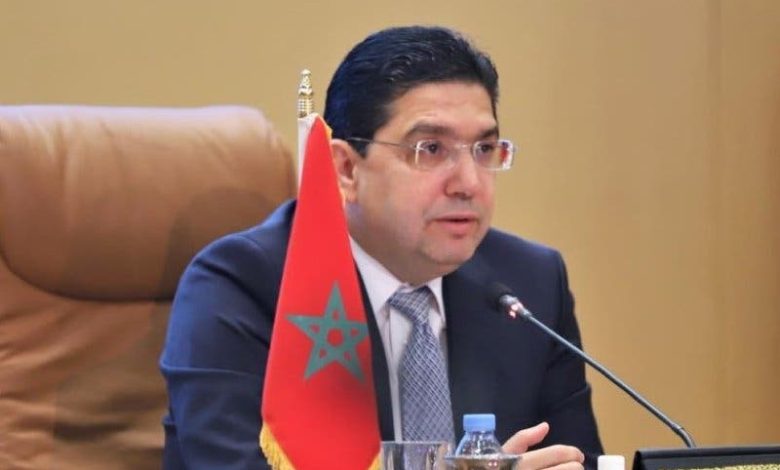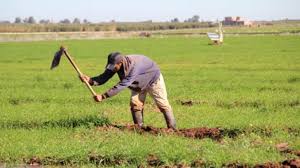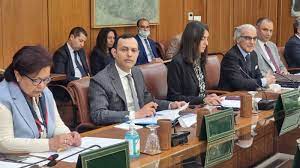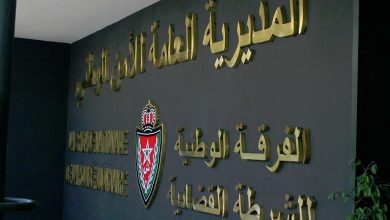Bourita: “The future of Africa is linked to the development of its agriculture and its rural areas”

The Minister of Foreign Affairs, African Cooperation and Moroccans Living Abroad, Nasser Bourita, affirmed today in Nairobi that Morocco, under the leadership of His Majesty King Mohammed VI, has made agriculture an essential element of its cooperation with African countries.
Bourita specified, in a statement to the press on the sidelines of the African Summit on Fertilizers and Soil Health, which is being held in the Kenyan capital, that Morocco, through the visits made by His Majesty the King to African countries , “has made agriculture an essential element of its cooperation with African countries, whether through cooperation programs or royal directives to the Sherifian Phosphate Office to develop a special program for African countries”.
In this context, Mr. Bourita stressed that in solidarity with African countries, His Majesty the King gave his high instructions to the Cherifian Phosphate Office to support the countries of the continent in this important period, marked by strong pressure on fertilizers.
He stressed that the concern of His Majesty the King to make Morocco’s participation in this summit a strong act stems from the importance of agriculture in the royal vision of South-South cooperation and in the vision of His Majesty. Majesty the King for cooperation between African countries.
He noted that “agriculture is not only linked to food security and food sovereignty, but it also plays a vital role in economic development”, adding that “the future of Africa, as said His Majesty the King, is linked to the development of its agriculture and its rural areas.”
On the other hand, the minister highlighted the structural problems encountered by African agriculture, which were addressed during this summit, highlighting that Morocco has provided responses in this regard, through the various programs launched under the high patronage of His Majesty the King, such as the “Green Morocco” program and the “Green Generation”, experiences that can benefit African countries in the development of their agriculture.
Bourita declared that “the African continent, which today has 65% of the world’s arable land, has more than 200 million people suffering from malnutrition”, stressing that “the African continent, where 65% of its land is deficient in terms of fertilizer, uses less than half the rate of fertilizer used in the world”, and that “the African continent, where more than 60% of the active population is employed in the agricultural sector, barely contributes to less than 14% of the continent’s GDP.







